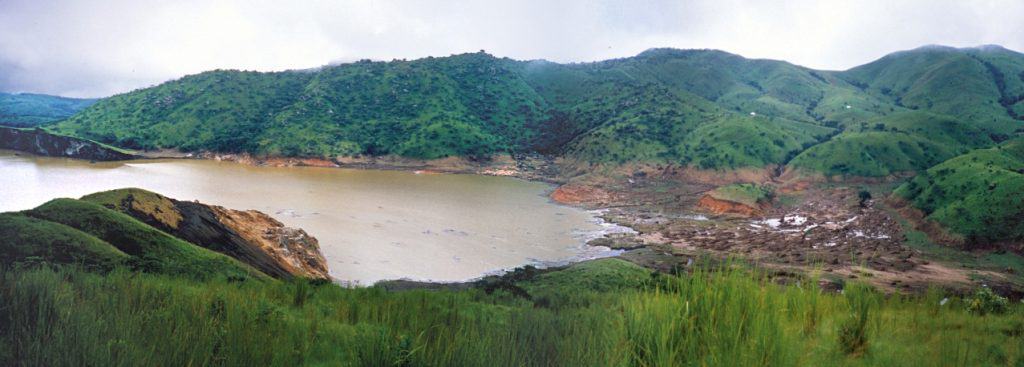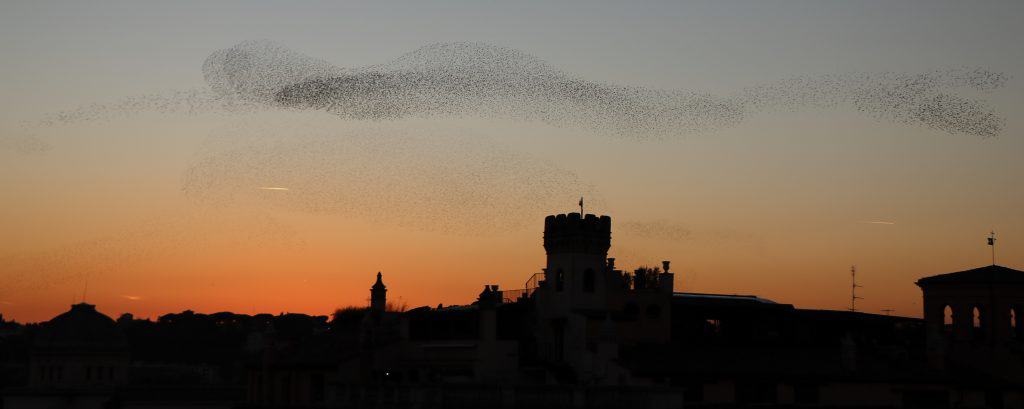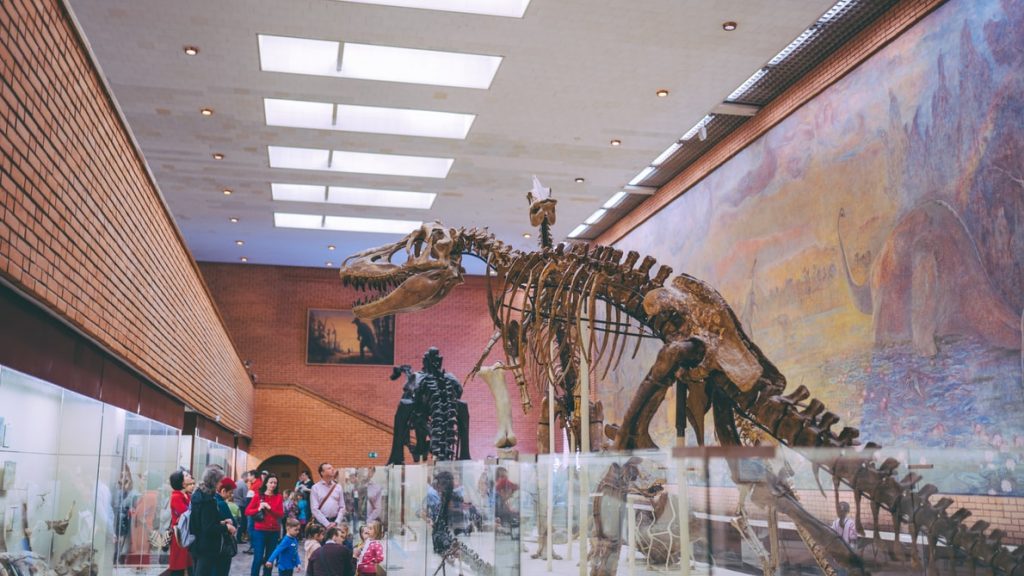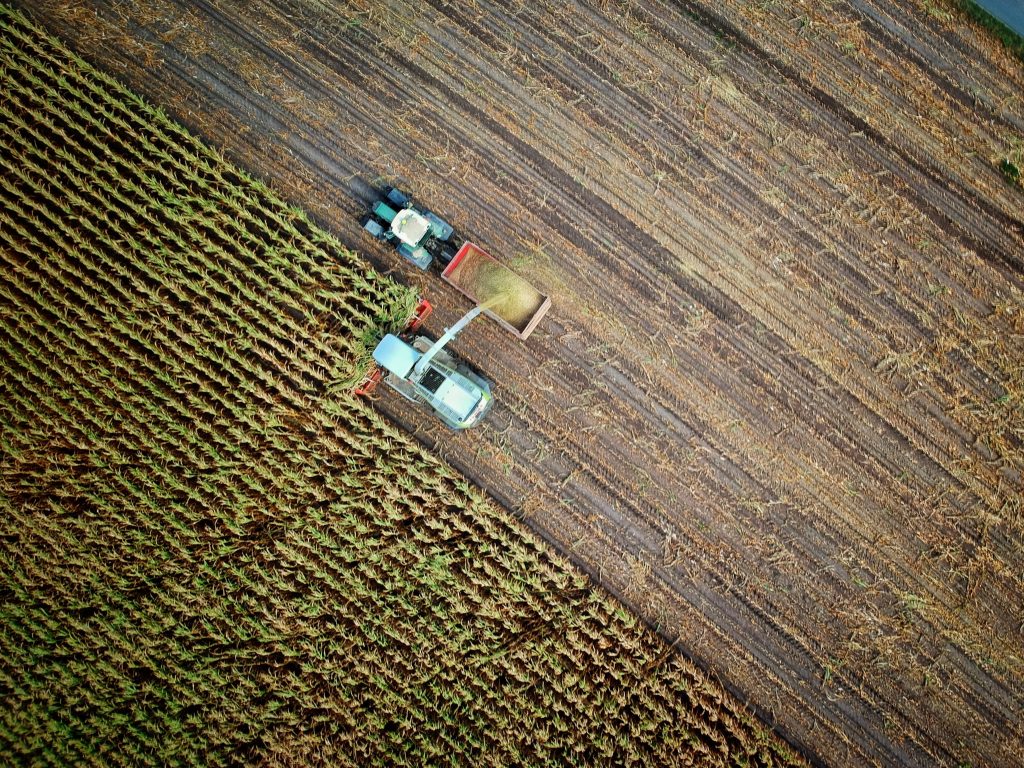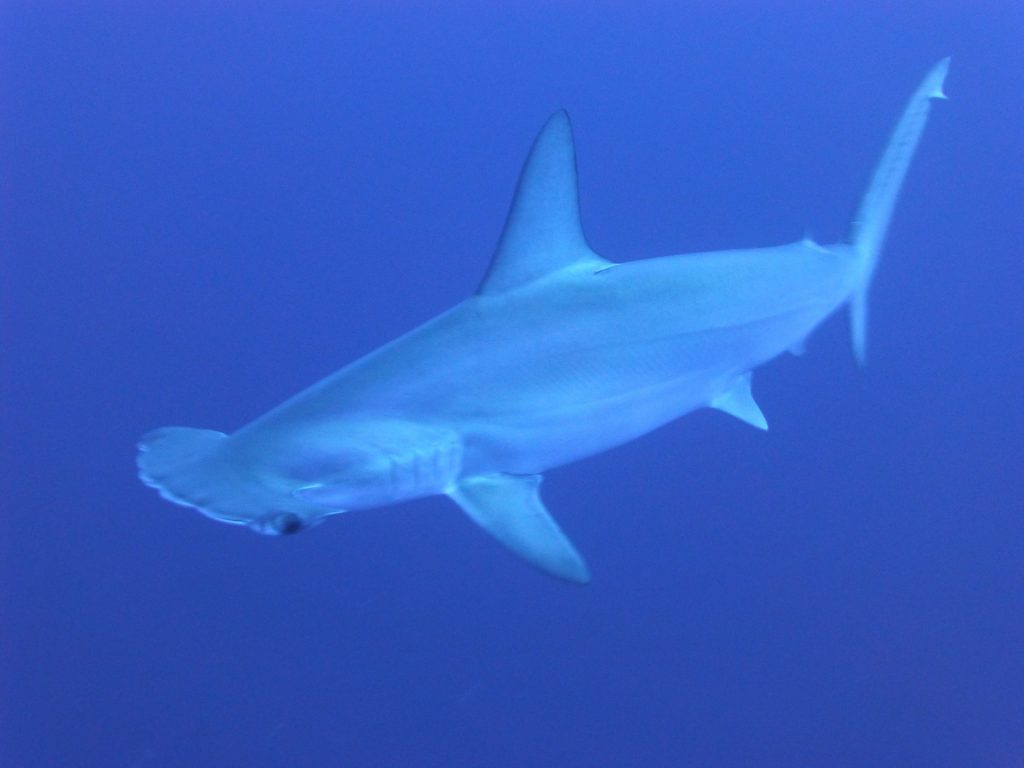On August 26, 1986, the normally tranquil, blue water of Lake Nyos in the West Africa country of Cameroon unexpectedly turned deadly. Late that night, according to the few people who survived to tell the tale, a low, rumbling sound emitted from the lake. The residents of the three villages on the shores of the …
